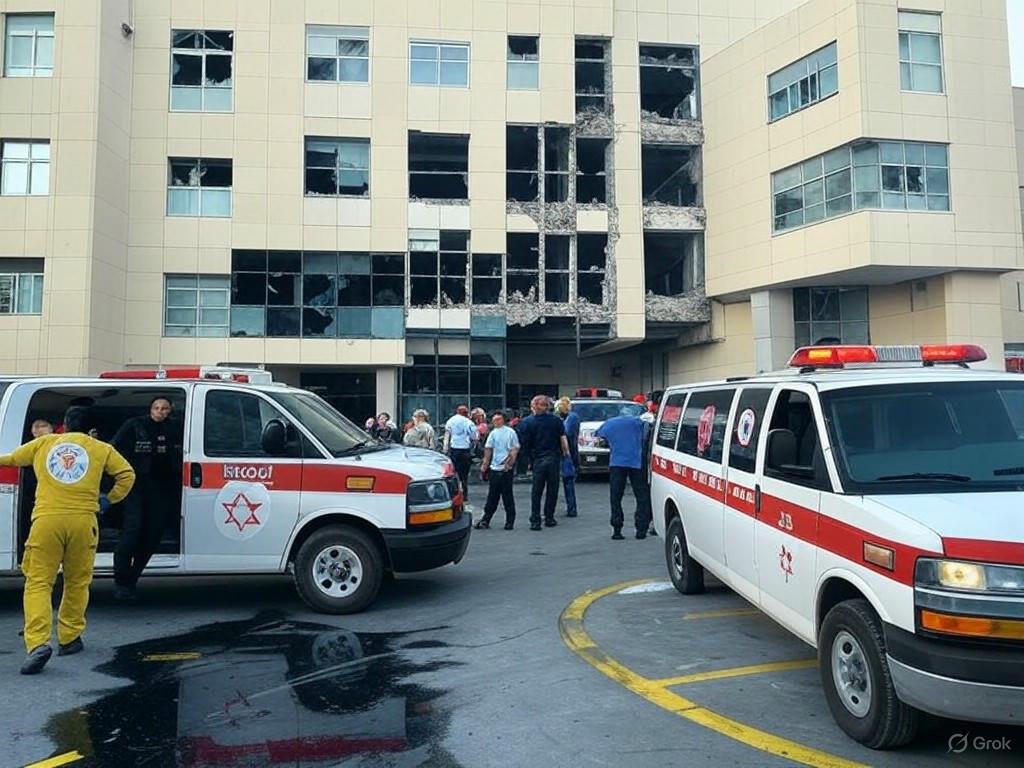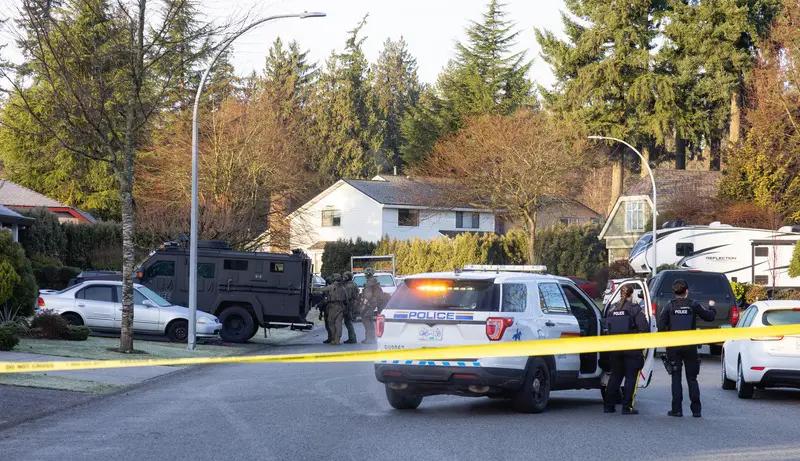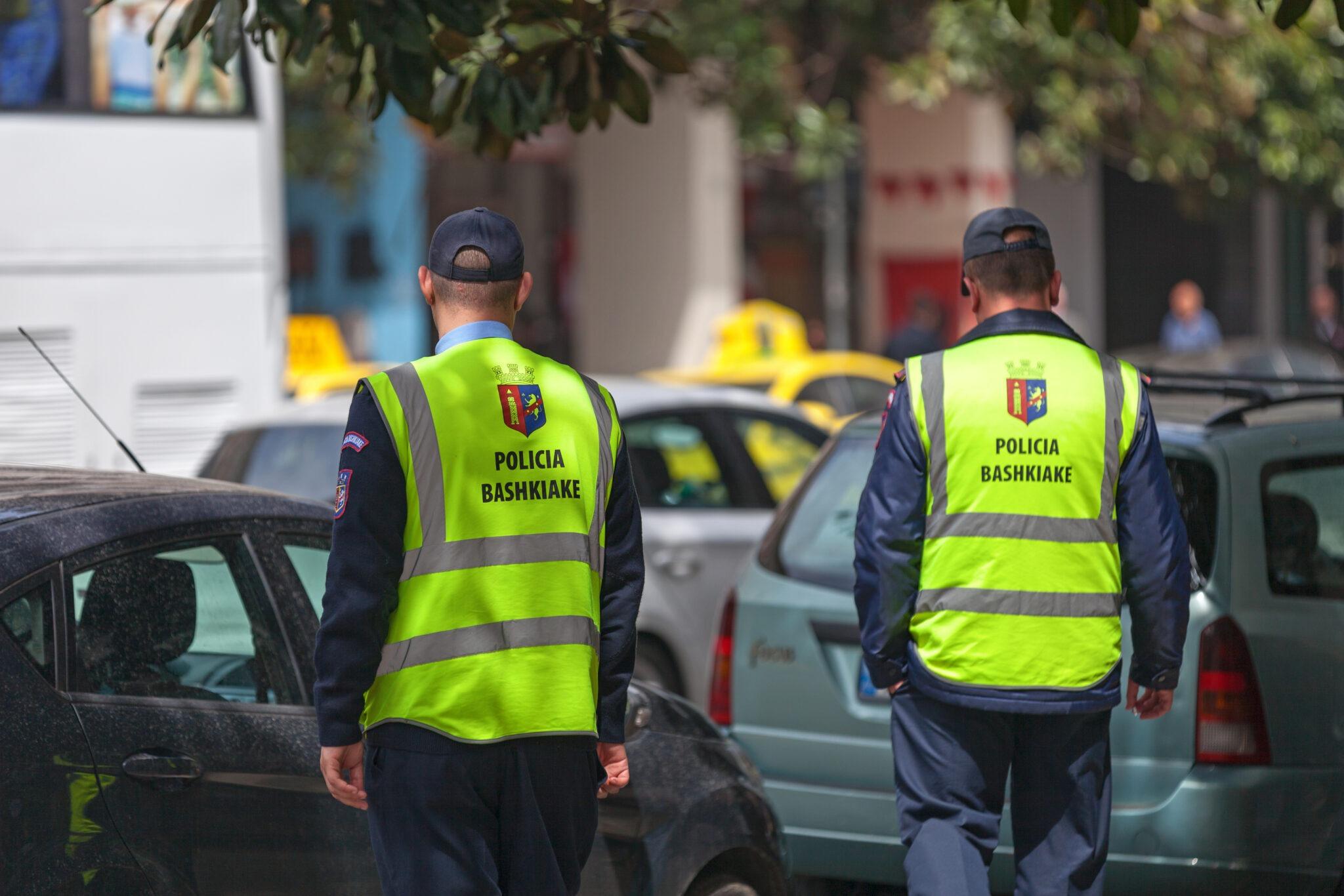In the throes of the escalating Israel-Iran conflict, a missile struck the Soroka Medical Center in Beersheba, Israel. This set off a chain of both immediate chaos and resilient response efforts. On a normal day, the hospital, a key healthcare facility in southern Israel, serves a vast population, providing critical medical services to around one million residents. This normalcy was violently disrupted as black smoke billowed through its shattered windows [1].
Strategically located near the Israeli military's intelligence headquarters, the hospital found itself an unintended target, amidst claims and counterclaims between Israel and Iran. Iranian Foreign Minister Abbas Araghchi asserted that the missile was aimed at military infrastructures nearby, not the hospital itself [2]. However, the damage was done, both physically and psychologically, to those caught in the crossfire.
As panic unfolded, emergency medical services scrambled to transfer critically ill patients to safer locations, activating contingency plans involving underground facilities [3]. Their efforts epitomized courage under fire, ensuring that support continued even in the midst of destruction. A reported 71 people sustained minor injuries, and the prevailing sentiment was one of outrage and anxiety, compounded by the hospital's strategic importance and proximity to military targets.
In the aftermath, Israel's Defense Minister labeled the attack a "war crime," vowing retaliation against Iran's supreme leadership. This rhetoric underlined the high stakes of targeting civilians in ongoing warfare [2]. Despite the attack, the team's swift action underlined the resilience of the city's emergency capabilities, mitigating what might have been even greater catastrophe.
The Israeli government and Soroka's administration issued statements underscoring the strategic hospital's return to partial functionality, though its emergency department remained operational only for life-threatening cases. As the city of Beersheba and its inhabitants took stock of the situation, their resolve hinted at a community uniting in the face of adversity.
The reverberations of the missile strike extend beyond hospital walls. They echo the broader conflict's devastating toll on civilians, reiterating calls for de-escalation. Yet, as diplomatic solutions remain elusive, the local population steels itself for survival through unpredictability, all while clinging to their shared resilience and hope for peace.
References:
1. NBC News coverage of the strike on Soroka Hospital







